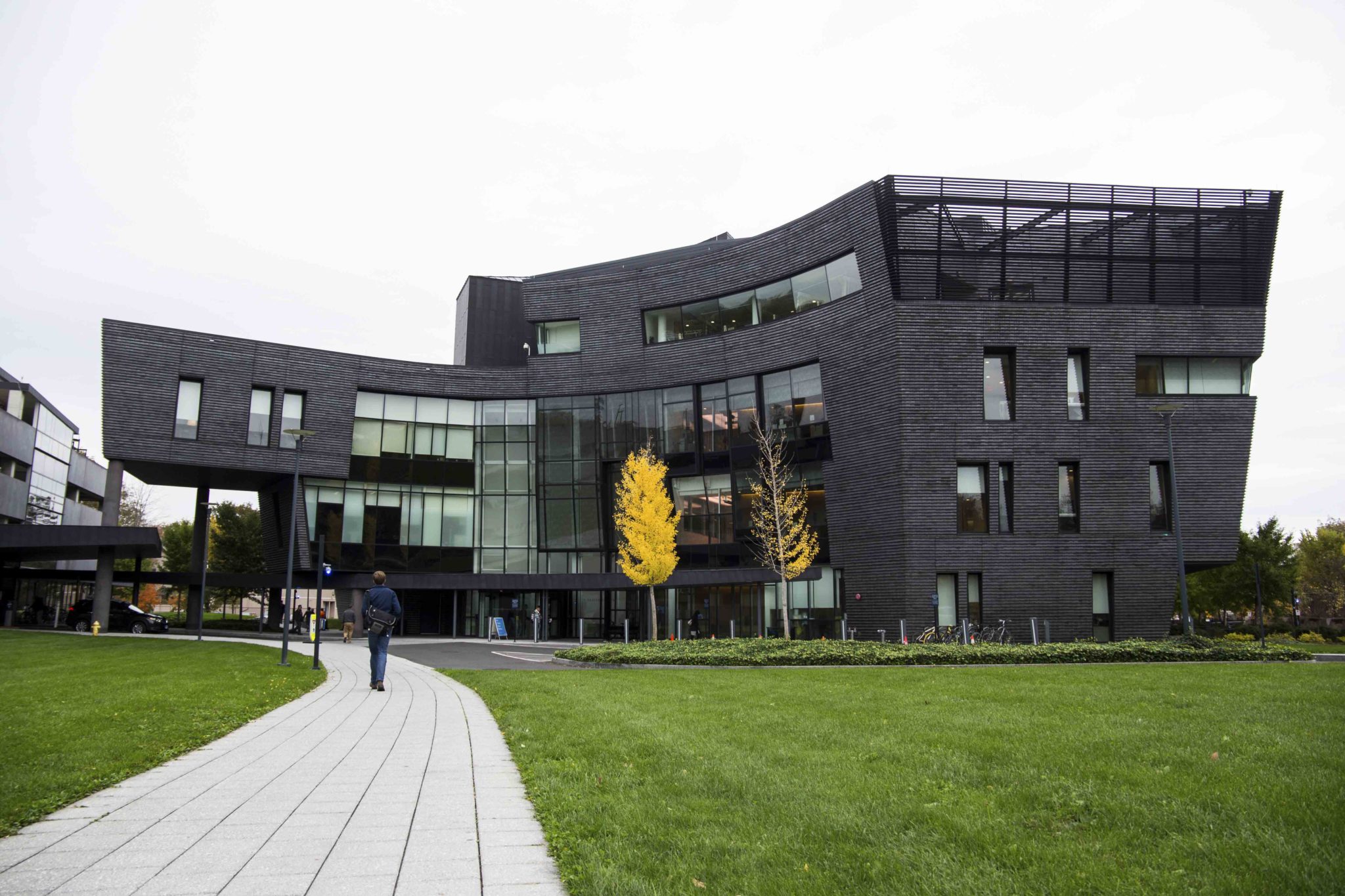
Starting in the fall, first years will have the opportunity to participate in a new mental health workshop designed by the student-led initiative Mental Health Educators, pending final approval by the Yale College Dean’s Office.
According to Hieronimus Loho ’18, president of Mental Health Educators, the workshop will feature a moderated discussion that covers mental health culture at Yale, stigma, stress, recognizing signs that someone may be suicidal and the mental health resources available to Yale students. The workshop is analogous to sexual education and consent workshops conducted during first-year orientation but differs in some important ways. While the sexual education and consent workshop for first years is only held during Camp Yale, Loho said, the mental health workshop will be offered on a regular basis throughout the year so that students can opt in “when they feel like it will be helpful for them.”
He added that the project is in the “later stages” of receiving approval from the Dean’s Office, and that he is confident it will be operational by fall 2018.
“The first year at Yale can be overwhelming, and first-year students must grapple with a change of environment, homesickness and self-doubt,” said Nune Garipian ’20, recruitment director of Mental Health Educators. “Students come to campus confident in their abilities. But college isn’t high school, and no one tells you that it will be hard, both academically and mentally.”
The students involved with Mental Health Educators were originally members of a mental health awareness group known as Mind Matters. About two years ago, they founded Mental Health Educators as an independent initiative, with the hopes of generating conversation on campus about issues related to mental health.
According to Loho, approximately 50 percent of all Yale undergraduates will visit Yale’s Mental Health and Counselling department during their time at Yale.
Members of Mental Health Educators have conducted seven test workshops with current Yale undergraduates, Loho said, adding that the group has revised its “script” based on feedback from these workshops and advice from Adriana DeAmicis, a clinical psychology fellow at Yale Mental Health and Counseling.
In an interview with the News, psychology professor Laurie Santos, who teaches the popular class “Psychology and the Good Life,” praised the initiative.
“I think this is a fantastic idea,” Santos said. “Many students have asked how best to keep up the momentum from ‘Psychology and the Good Life’ and conversations related to wellness, stress and mental health at Yale.”
Santos added that she appreciates the idea of continuing these discussions in order to overcome the stigma associated with talking about stress and mental health at Yale.
Garipian said there is potential to expand the workshops beyond first-year students. If there is a demonstrated positive response from the student body, the group hopes to recruit more mental health educators to teach workshops for all undergraduate students, Garipian added.
“We want all Yale students to know that it is okay to face struggles and that they don’t have to do it alone,” Loho said.
Jever Mariwala | jever.mariwala@yale.edu







